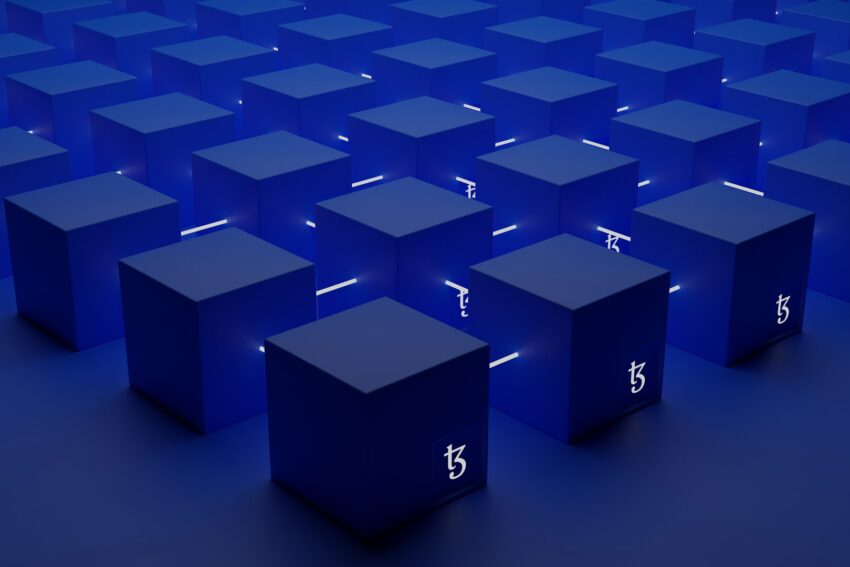Blockchain is a continuous, sequential chain of blocks containing information built according to certain rules. More often than not, copies of blockchains are stored on many different computers independently of each other.
The term first appeared as the name of a fully replicated distributed database implemented in the Bitcoin system, which is why blockchain is often referred to transactions in various cryptocurrencies, but blockchain technology can be extended to any interconnected blocks of information.
Three workable generations of blockchain have been used:
The first technology, Blockchain 1.0, appeared in 2009 and offered a new principle for registering transactions.
In 2013, the Ethereum platform introduced smart contracts (smart contracts), which store the terms of a contract in the blockchain and allow it to be automatically executed if a number of contract conditions are met. In this way, intermediaries, costs and bureaucratic expenses are reduced, and the risk of third-party intervention is eliminated.
By 2017, Blockchain 3.0 projects such as Cosmos, DFINITY and EOS had emerged, and they are more productive than the first two generations of technology.
The third generation of blockchain technology is still in development, but there is already active work on solutions that could revolutionize the industry. This is the Seele project, often referred to as fourth-generation blockchain. The technology involves the development of large-scale industrial applications capable of simultaneously managing many processes, processing and storing vast amounts of data, ensuring their logical connectivity and consistency.
Many companies are exploring blockchain technology applications everywhere, from finance to manufacturing.
- Microsoft is developing Blockchain-as-a-Service (BaaS) programs on its Azure cloud platform.
- IBM has launched its own BaaS offering; it is expected to integrate with the company’s other products, such as IBM z Systems computing network, Watson artificial intelligence system for the Internet of Things, etc.
- Blockchain Foundry focuses on blockchain-based services for prototyping and industrial products.
- BigchainDB offers scalable blockchain services.
- Chain advertises a blockchain platform for financial services.
- IBM and Samsung are working on the ADEPT concept, in which blockchain technology will be used to form the basis of a decentralized network of devices – the Internet of Things. Blockchain is planned to be used to register billions of devices, which will autonomously translate transactions in a system with a three-tiered architecture.
The European Commission has played a significant role in promoting blockchain by launching the EU Blockchain Observatory in partnership with blockchain startup ConsenSys.



